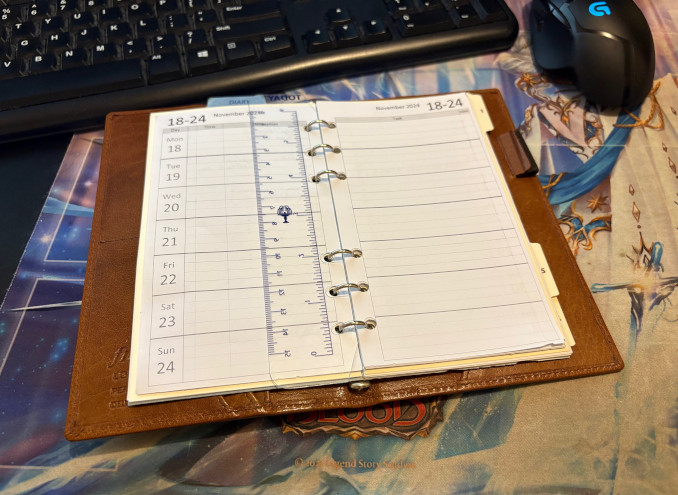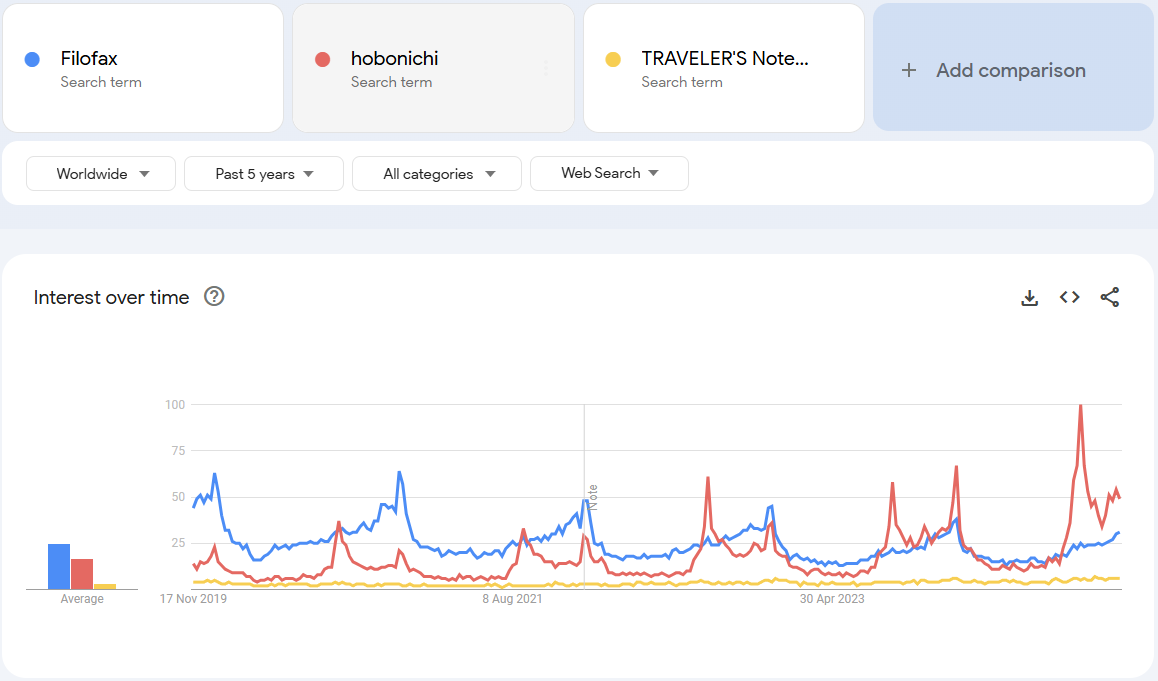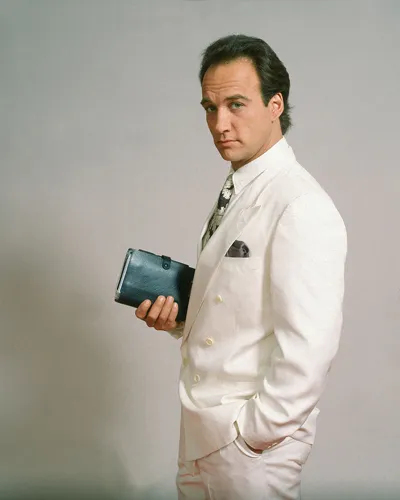Filofax popularity check
Filofax is a kind of notebook with replaceable pages
Recently on Philofaxy I’ve come across an idea that Filofax-type planner might be celebrating a come-back. I wasn’t so sure so wanted to check to validate this hypothesis. Have a look at this Filofax search statistics if you’re curious.
I’m also adding a short description of filofax history and references to modern alternatives.

Filofax - google search trends
Have a look at google search statistics.
Here are the last 20 years of google search trends showing how frequently people googled “Filofax”. We see a trend of steady decline. The peaks are around Christmas time when people are searching for gifts to buy and give.

Let’s not pay attention to the statistics in the COVID couple years but still have a quick look at last five ones. I’ve added to Filofax - a stats on Hobonichi and Traveler’s notebook.

Hobonichi taking up and Filofax is landing.
Take off
I’d say Filofax sales and userbase are in a steady decline. But it keeps its place as a niche product, for example as a scrapbook or Digital Detox alternative to smartphone.
Filofax golden years
If you don’t know what I’m talking about, let me give you some context and details.
Filofax is ring-bound notebook, and a company that produced it is called also - Filofax. The main idea in it - the customisation. Customers could add different type of pages (‘inserts’) and reorder and reorganise these pages the most convenient way. A lot of ‘refills’ pages were available - from plain, notepaper, grid, Addresses, Meeting notes, Calendars, To-do and Shopping lists, Travel and Holiday plans and more.
Even though ring-bound notebooks were first introduced in 1920x to keep military instructions, most of the popularity they took in 80s-90s. In 80s Filofax was explosively groving enterprise andin 90s started feeling an pinch, decline and ‘optimisation’.
You probably have seen how Filofaxes were used in the movie Taking Care of Business (Filofax) with Jim Belushi, where his hero is escaping a prison and accidentally picks up a Filofax of a manager with a lot of convenient information.

Huge collection of the movies where you could notice Filofax is listed in thisbugslife blog.
Eventually, with the spread of smartphones Filofax started to decline.
Filofax Today
Filofax is continuing to produce planners targeting different consumer groups, some are very good, some are not so. The modern Filofaxes production quality is regularly criticised, and there are some cheap and expensive alternatives available.
The cheap plastic and PU ones can be bought online for $5-$10. Don’t recommend. Though plastic ones might work well as archival storage.
Then there are Plotter. And Collins Debden’s Day Planners.
From expensive alternatives worth looking at Moterm, Van Der Spek and Gillio.
Some people prefer secondhand binders, looking at ebay, facebook buy and sale groups and sites like Vinted.
History of Filofax
For the reference…
Early Beginnings
- 1910: The concept of the Filofax organizer began in the United States with the Lefax company, founded by J.C. Parker in Philadelphia.Lefax produced a range of personal organizers primarily for engineers and scientists.
- 1921: Norman & Hill, a London-based company, began importing Lefax organizers to the UK. The initiative was suggested by Grace Scurr, a temporary secretary at the company. She later coined the name “Filofax,” which is a contraction of “file of facts”.
Development and Growth
- 1930: The Filofax trademark was officially registered12.
- 1940s: During World War II, the company’s offices were bombed, but Grace Scurr saved crucial customer and supplier details, allowing the company to continue operations.
- 1980: David and Lesley Collischon acquired Norman & Hill, eventually renaming it Filofax Ltd. They expanded the product line significantly and increased its market presence.
Popularity Surge
- 1980s: Filofax became immensely popular, especially among young urban professionals (Yuppies), becoming a symbol of status and organization. By 1987, it was sold in 1,250 outlets in the UK alone.
- 1990s: The company underwent several acquisitions, including being bought by Transwood Earl and later by Day Runner in 1998.
Recent Developments
- 2001: Filofax was acquired by Letts, forming the Letts Filofax Group.
- 2013: The group was acquired by Gordon Presley and Harold Savoy, trading as Letts Filofax Blueline (LFB Group).
- 2021: Filofax celebrated its 100th anniversary.

